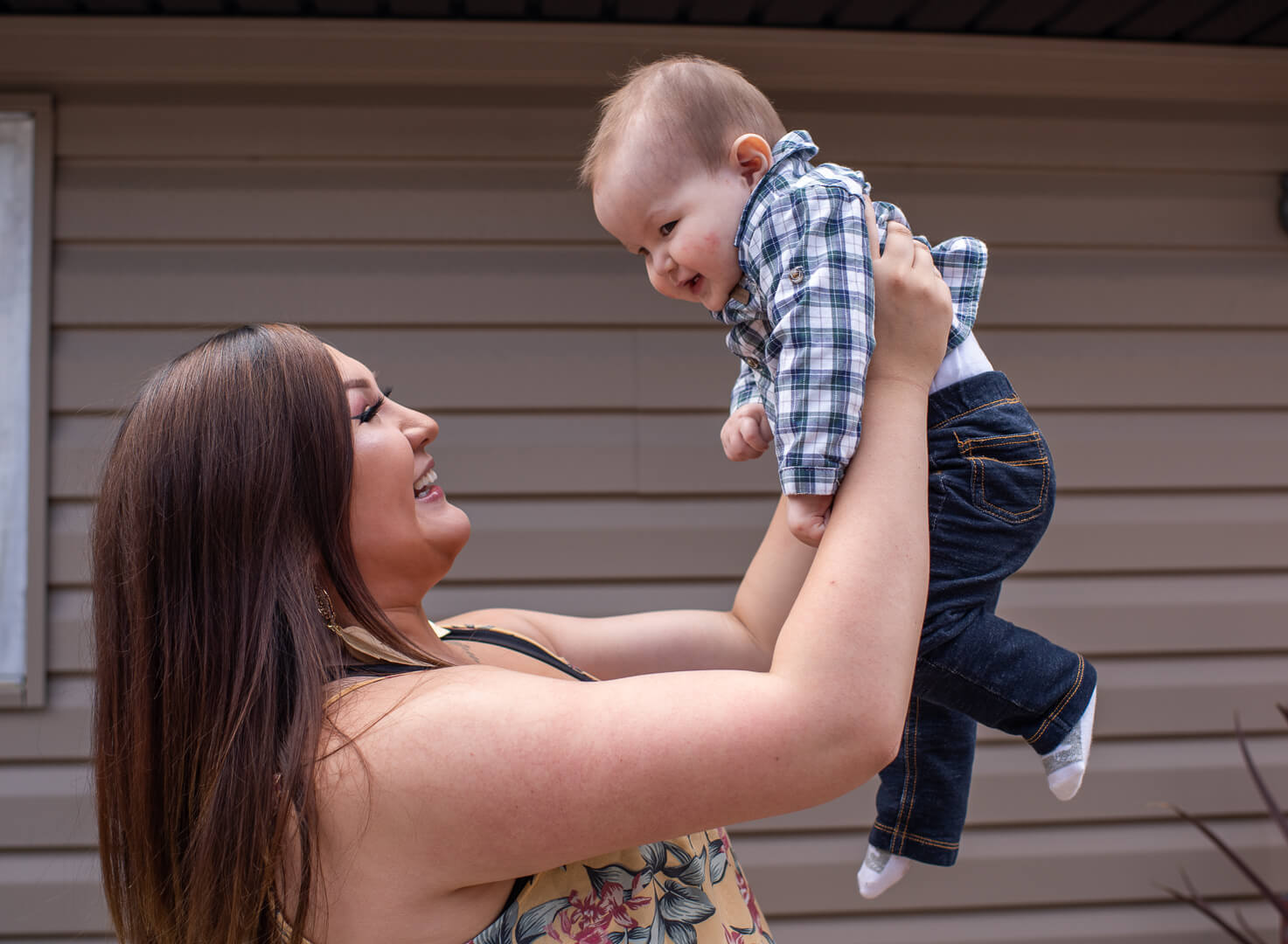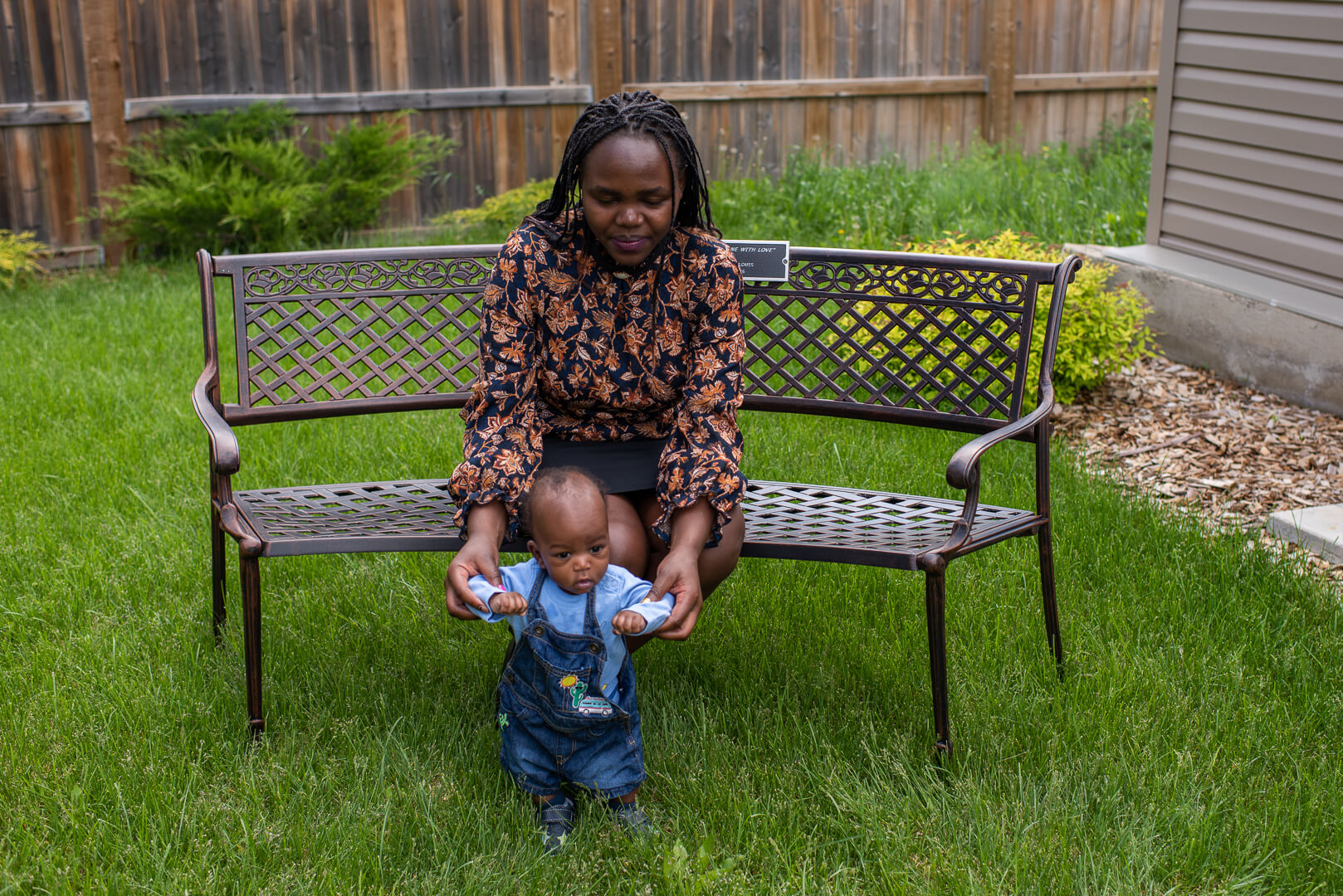How better data can boost cash-strapped non-profits
Athabasca University pilot project helps Calgary women’s shelter get handle on client data amid surging demand for services
An Athabasca University (AU) pilot project is using cloud technology to help a Calgary-based women’s shelter modernize its data collection so it can improve client support—and potentially access critical funding .
Dr. Kharah Ross, a health psychologist in the Faculty of Humanities and Social Sciences, is working with IDEA Lab, AU’s new virtual research platform, to create a new database for Elizabeth House, a Calgary transitional home for vulnerable women and children. The small organization has 7 staff who deliver 24/7 support to clients at its shelter and in the community.
Until recently, Elizabeth House had been storing 25 years worth of client data in filing cabinets. That made it all but impossible to easily understand who was accessing services and when, or what supports had been offered previously. Meanwhile, commercial data management tools are too expensive for non-profit agencies operating on less than $100,000 a year, explained Ross.
“They don’t have the money to do this, and the risk is they’re going to be left behind,” she said. “That is unacceptable.”
“The risk is they’re going to be left behind. That is unacceptable.”
– Dr. Kharah Ross, health psychologist
Ross plans to use REDCap, a virtual data management tool, to create a prototype database management system for Elizabeth House and other non-profits. The work has been made possible by IDEA Lab, a partnership with Amazon Web Services and RONIN, which gives any AU researcher the ability to use virtual tools like REDCap.
Ross often works with community agencies on research projects in the area of maternal-child health. Too often, she said, she’s seen agencies struggle through an inability to collect or analyze data. She felt compelled to help and has done some early work with Elizabeth House to understand their data needs.
“In my field, there’s more and more emphasis on needing to get out of the ivory tower—you need to be doing work that can translate into real-world implications. I’ve been trying to do that.”

Data needed to show impact, access funding
With only 7 rooms, Elizabeth House sees “modest” numbers of clients compared to other shelters, explained executive director Michelle Haywood. But the agency still gets about 100 phone calls a year from women seeking shelter.
“Having good data and information that’s easily accessible means greater efficiencies—and hopefully, greater effectiveness in the work that we’re doing, which is client focused,” Haywood said.
Without good data, it’s also hard for organizations like Elizabeth House to show their impact—which is increasingly critical for accessing funding support, Haywood added. Elizabeth House is a non-denominational charity run by the Roman Catholic Diocese of Calgary, however most of its funding comes from individual donations, not from larger organizations, she said.
“Because we’re small, I can’t say we served hundreds of people last year. Funders want to hear those numbers. That’s why data matters.”
“Because we’re small, I can’t say we served hundreds of people last year. Funders want to hear those numbers. That’s why data matters.”
– Michelle Haywood, executive director, Elizabeth House
Since the pandemic, Elizabeth House and other charities have seen a surge in demand for services, fuelled by rising inflation, domestic violence rates, and Calgary’s affordable housing crisis. Haywood said the organization has done what it can to help, including extending residency limits for women and children, but there are limits without more funding.
“We are meant to be transitional. It’s not a forever home. But we’re also realizing the landscape has changed.”
Though a database might seem like a small solution to such a big problem, the ability to scale up could mean helping countless other organizations, Ross said. She recently submitted several grant applications to help fund the project.
“Researchers do this work all the time. If we can figure it out, we should.”
